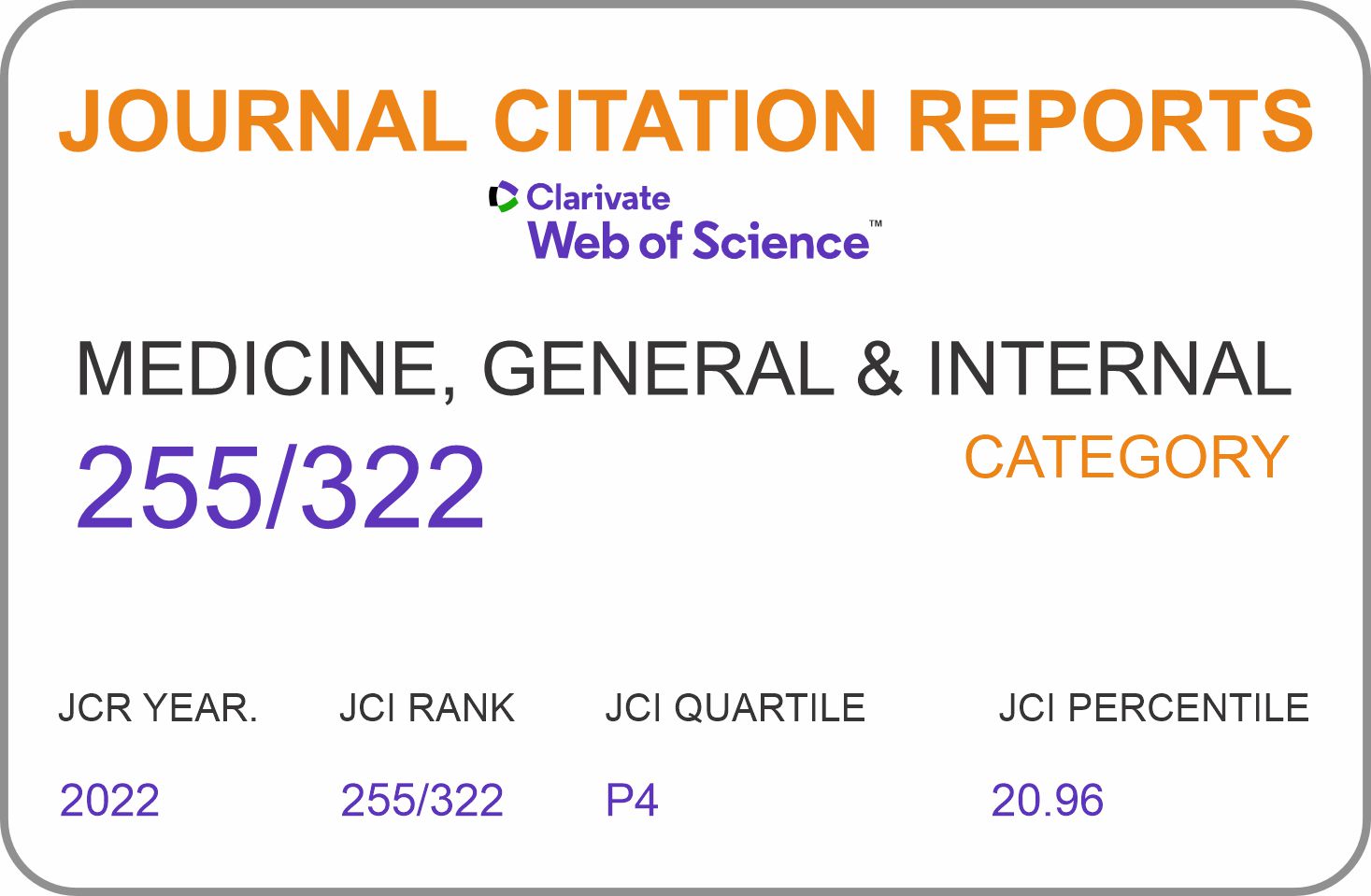Knowledge, attitudes and practices regarding HIV/AIDS and STDs in the Peruvian population
DOI:
https://doi.org/10.35434/rcmhnaaa.2023.161.1964Keywords:
HIV/AIDS, Knowledge, Attitudes, Prevention, Sexually Transmitted Diseases, Behavior, SurveyAbstract
Antecedentes: El VIH/SIDA y las ETS continúan siendo un problema de salud global, incluyendo a Perú. Objetivo: Evaluar los conocimientos, actitudes y prácticas en relación al VIH/SIDA y las ETS en la población peruana. El estudio: Se utilizó la base de datos RE758081 recopilada en 2021 durante la Encuesta Demográfica y de Salud Familiar en Perú. Se entrevistaron a 23,060 mujeres de 15 años o más. Se realizaron análisis descriptivos. Hallazgos: Todas conocían el VIH/SIDA; el 86,61% abogaba por el uso del condón y el 89,17% creía que tener una única pareja sexual reducía el riesgo. El 49,44% pensaba que el VIH podía ser transmitido por mosquitos. En cuanto a prácticas, el 41,12% usó condón en su primera vez, solo el 7,60% buscó tratamiento para ETS y el 38,94% ocultaría un diagnóstico de SIDA en familiares. Conclusiones: Pese a tener conocimientos, existen malentendidos y comportamientos peligrosos. Es imperativo reforzar la educación y prevención.
Downloads
Metrics
References
Lot F, Cazein F. [Epidemiology of HIV and the situation among older adults]. Soins Rev Ref Infirm. 2019;64(834):20-4. DOI: 10.1016/j.soin.2019.02.003
Govender RD, Hashim MJ, Khan MA, Mustafa H, Khan G. Global Epidemiology of HIV/AIDS: A Resurgence in North America and Europe. J Epidemiol Glob Health. 2021;11(3):296-301. DOI: 10.2991/jegh.k.210621.001
Mojola SA, Angotti N, Denardo D, Schatz E, Xavier Gómez Olivé F. The end of AIDS? HIV and the new landscape of illness in rural South Africa. Glob Public Health. 2022;17(1):13-25. DOI: 10.1080/17441692.2020.1851743
Xu JJ, Han MJ, Jiang YJ, Ding HB, Li X, Han XX, et al. Prevention and control of HIV/AIDS in China: lessons from the past three decades. Chin Med J (Engl). 2021;134(23):2799-809. DOI: 10.1097/CM9.0000000000001842
Letshwenyo-Maruatona SB, Madisa M, Boitshwarelo T, George-Kefilwe B, Kingori C, Ice G, et al. Association between HIV/AIDS knowledge and stigma towards people living with HIV/AIDS in Botswana. Afr J AIDS Res AJAR. 2019;18(1):58-64. DOI: 10.2989/16085906.2018.1552879
Youssef L, Hallit S, Sacre H, Salameh P, Cherfan M, Akel M, et al. Knowledge, attitudes and practices towards people living with HIV/AIDS in Lebanon. PloS One. 2021;16(3):e0249025. DOI: 10.1371/journal.pone.0249025
Khoza LB, Shilubane HN, Lowane MP. Attitudes and beliefs of immigrants regarding HIV and AIDS in Mopani district, South Africa. SAHARA J J Soc Asp HIVAIDS Res Alliance. 2020;17(1):16-21. DOI: 10.1080/17290376.2020.1831582
da Silva LAV, Duarte FM, Magno L, Dourado I, Squire C. Moral barriers to HIV prevention and care for gay and bisexual men: Challenges in times of conservatism in Brazil. Sociol Health Illn. 2021;43(2):424-40. DOI: 10.1111/1467-9566.13230
Sallam M, Alabbadi AM, Abdel-Razeq S, Battah K, Malkawi L, Al-Abbadi MA, et al. HIV Knowledge and Stigmatizing Attitude towards People Living with HIV/AIDS among Medical Students in Jordan. Int J Environ Res Public Health. 2022;19(2):745. DOI: 10.3390/ijerph19020745
Vorasane S, Jimba M, Kikuchi K, Yasuoka J, Nanishi K, Durham J, et al. An investigation of stigmatizing attitudes towards people living with HIV/AIDS by doctors and nurses in Vientiane, Lao PDR. BMC Health Serv Res. 2017;17(1):125. DOI: 10.1186/s12913-017-2068-8
Yaya S, Ghose B, Udenigwe O, Shah V, Hudani A, Ekholuenetale M. Knowledge and attitude of HIV/AIDS among women in Nigeria: a cross-sectional study. Eur J Public Health. 2019;29(1):111-7. DOI: 10.1093/eurpub/cky131
Dorji T, Wangmo K, Tshering D, Tashi U, Wangdi K. Knowledge and attitude on sexually transmitted infections and contraceptive use among university students in Bhutan. PloS One. 2022;17(8):e0272507. DOI: 10.1371/journal.pone.0272507
Downloads
Published
How to Cite
Issue
Section
Categories
License
Copyright (c) 2023 María Zapata Bravo, Francis Celis Becerra, José Caballero-Alvarado

This work is licensed under a Creative Commons Attribution 4.0 International License.















